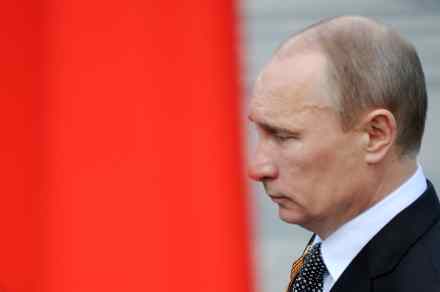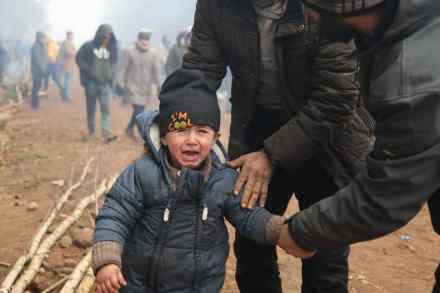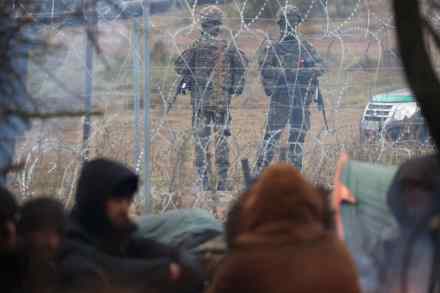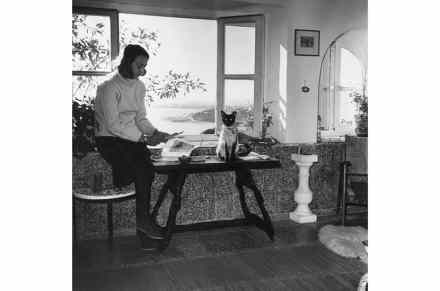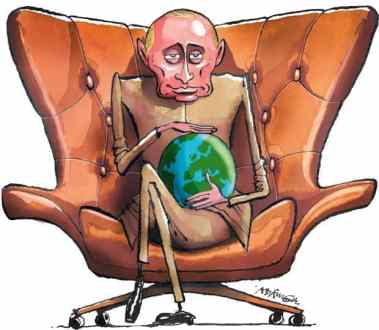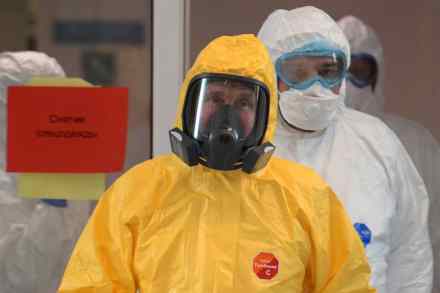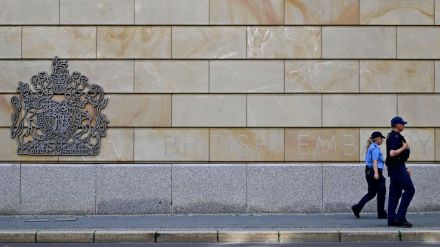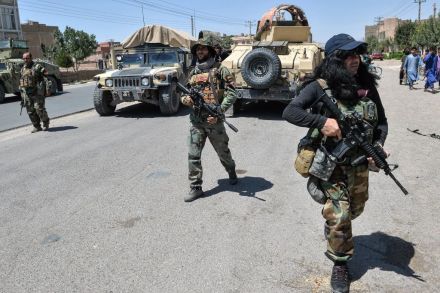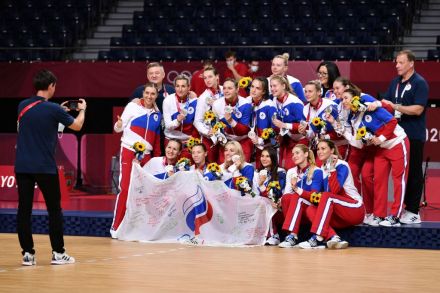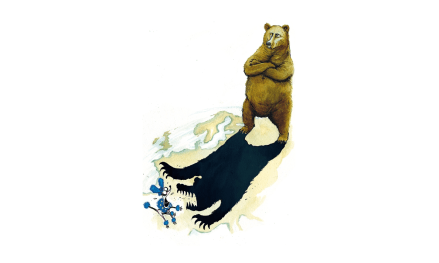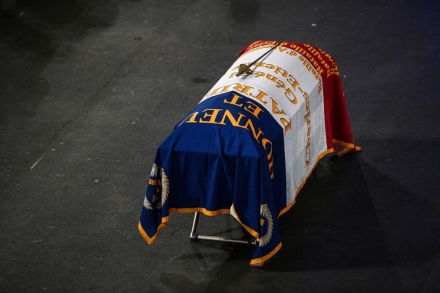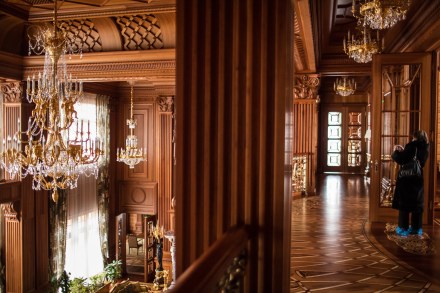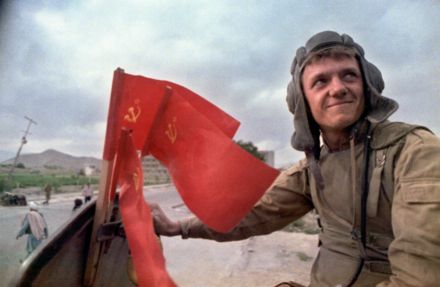Putin’s plan for Ukraine
Vladimir Putin’s message was as clear — and familiar — as his method. The Kremlin has begun another major build-up of troops along Ukraine’s border. The reason? Retaliation: last month, president Volodimir Zelenskiy flew to Washington to renew his plea that Ukraine be allowed to join Nato. The massive show of force — the second this year — prompted US Secretary of State Antony Blinken to warn his European allies that Russia showed dangerous signs of invading its smaller southern neighbour. ‘Our concern is that Russia may make the serious mistake of attempting to rehash what it undertook back in 2014 when it amassed forces along the border, crossed into sovereign Ukrainian territory and
